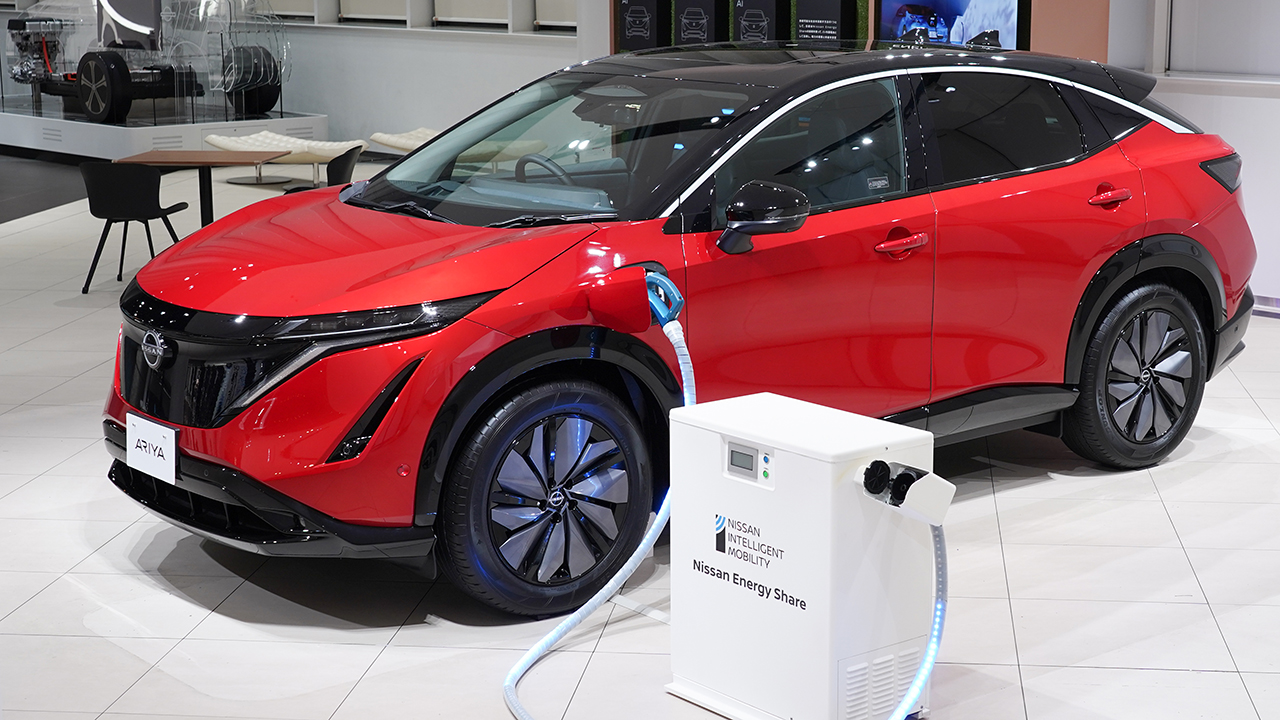In an interview with British magazine Autocar, Moss shared that Nissan is aiming to triple charging speeds up to 400 kW and double energy density while cutting production costs in half compared to current lithium-ion batteries. The automaker is collaborating with scientists at the University of Oxford and has already created 10-centimeter square cells, which will eventually have the same size as a laptop.
Solid-state batteries are a new technology in which all liquid elements are removed, which Moss says gives Nissan an edge. The company believes that solid-state batteries will make it more feasible to launch large EVs such as pickup trucks and SUVs. However, Moss did not reveal which specific EV model would be the first to feature solid-state batteries and stated that a completely new architecture would be necessary.
Nissan's move towards solid-state batteries does not mean it has abandoned lithium-ion batteries, according to Moss, who believes that the two technologies will coexist for a while. A new generation of lithium-ion batteries is expected to become available around the middle of the decade, with a cobalt-free battery following in 2028.
Nissan is not the only automaker pursuing solid-state batteries. Toyota has pledged to launch a hybrid car with solid-state batteries by 2025, while BMW is set to begin pilot production later this year and is expected to have a demonstrator vehicle ready before 2025.
Source: Autocar

